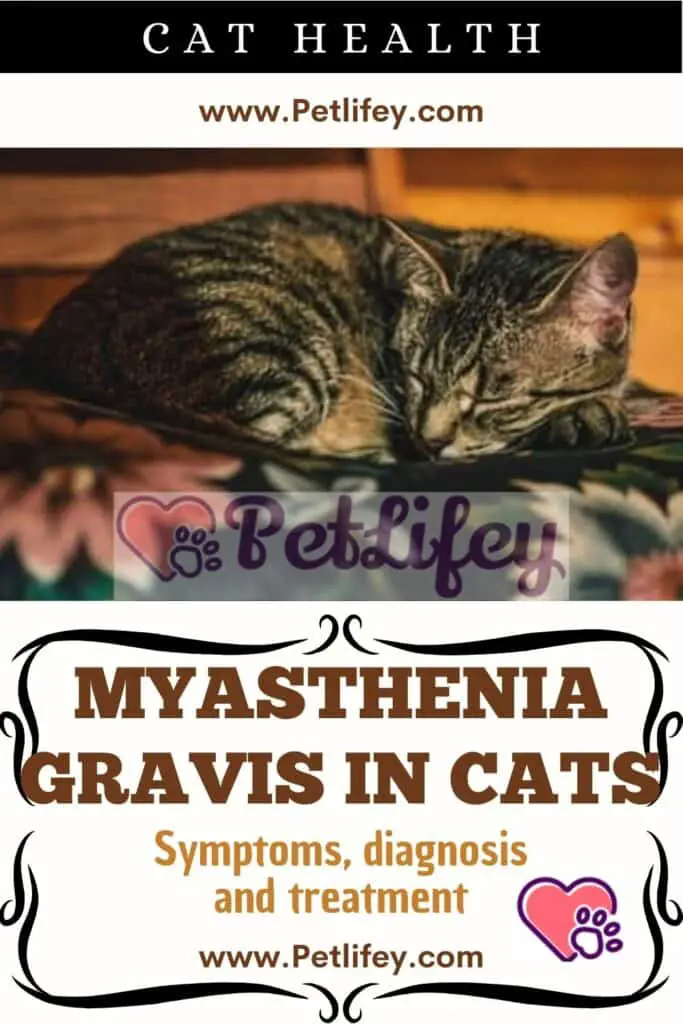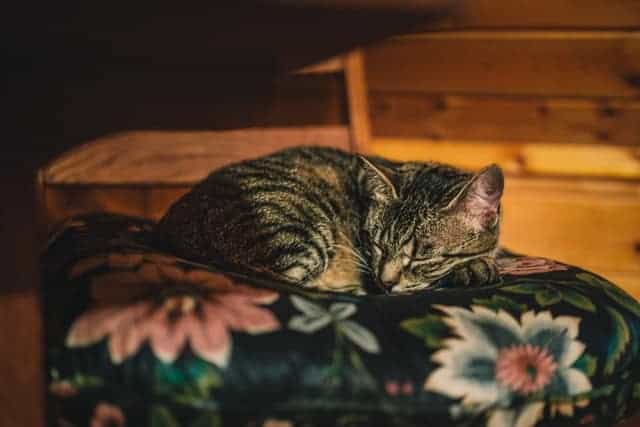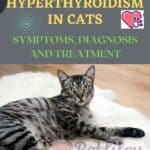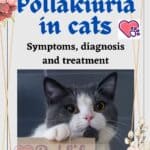
Myasthenia gravis in cats is a disease that affects the muscles of a feline. Let’s see together what are the symptoms, causes and treatment of this disease.
Myasthenia gravis is a very common disease in dogs and humans, but it can occur, albeit rarely, in felines. This pathology can be both congenital and acquired.
Being a rare disease in cats, how can you tell if your cat suffers from it? Let’s see together what are the main symptoms of myasthenia gravis and how to treat it.
Myasthenia gravis in cats: congenital and acquired
Myasthenia gravis, scientifically called myasthenia gravis, is a disease of the neuromuscular junction in cats and is characterized by the formation of antibodies that attack the nicotinic receptors of acetylcholine, a neurotransmitter, at the level of the muscle. For this reason, the feline affected by this disease will have difficulty walking, running, moving and even swallowing.
As we said earlier there are two forms of myasthenia gravis:
- Congenital form: it depended on a genetic defect already present from the birth of the puppy, that is the lack of receptors that by binding to acetylcholine guarantee transmission from the nerves to the muscles. The breeds of felines most affected by this disease are: the Devon Rex and the Sphinx .
- Acquired form: it is an autoimmune disorder, as the cat’s organism produces antibodies that attack the neuromuscular junction. Depending on the damaged joint, a different muscle is affected. In fact, all muscles can be affected or only part of the body can be affected.
The latter form can sometimes also be associated with a thymus tumor (thymoma). It can also be progressive and rapid and can even lead to death.
Myasthenia gravis in cats: symptoms, diagnosis and treatment

The main symptoms of myasthenia gravis in cats are:
- Muscle weakness
- Difficulty in swallowing
- Collapse in the cat
- Change in the sound of the voice
- Cough in the cat
- Respiratory difficulties
- He retched
Many of the symptoms listed above can also be associated with other types of pathologies, for this reason it is necessary for the veterinarian to carry out special tests to check for the presence of myasthenia in the feline.
The main tests for diagnosing this disease are: blood test , x- ray examination. In the event that your furry friend presents this pathology, the specialist will treat him in the most appropriate way. Your vet may prescribe anticholinesterase medications to your cat to reduce the attack of antibodies and thereby improve the cat’s muscle strength.
To prevent the disease from progressing, it is necessary to act as soon as possible, in order to guarantee a quick recovery to the cat and a return to long walks.






